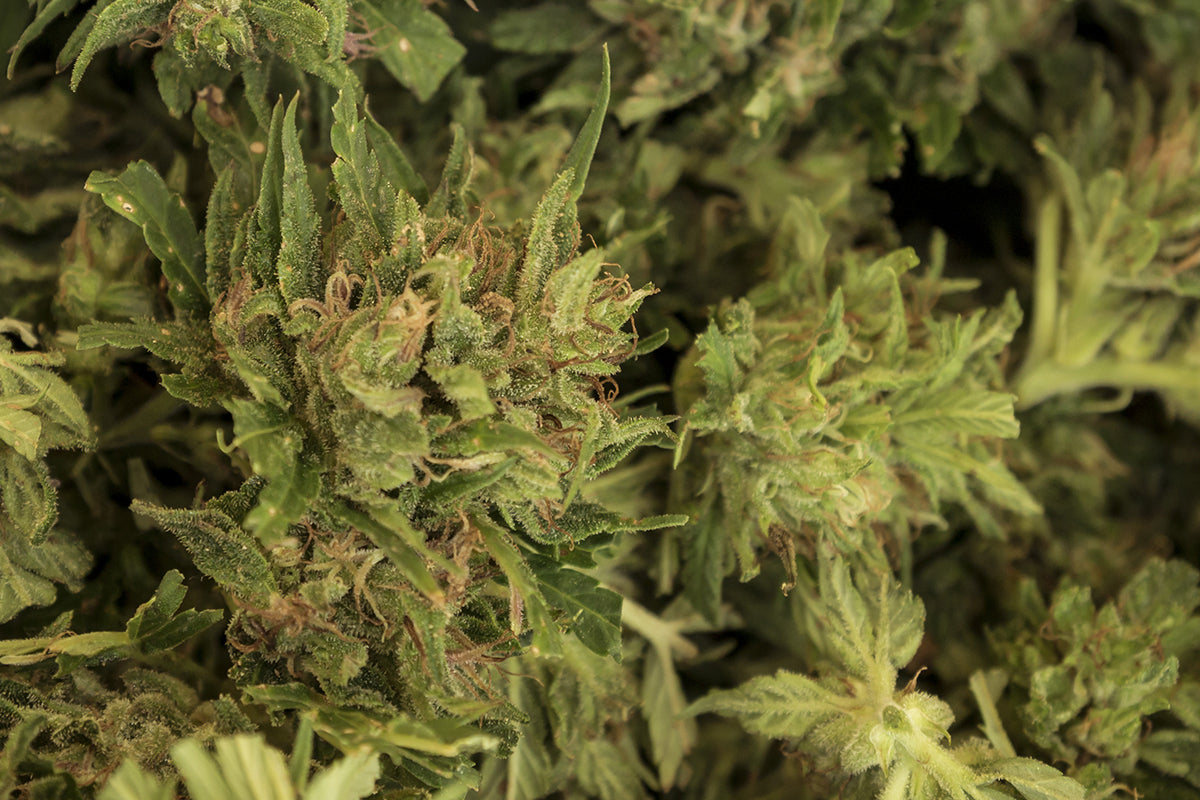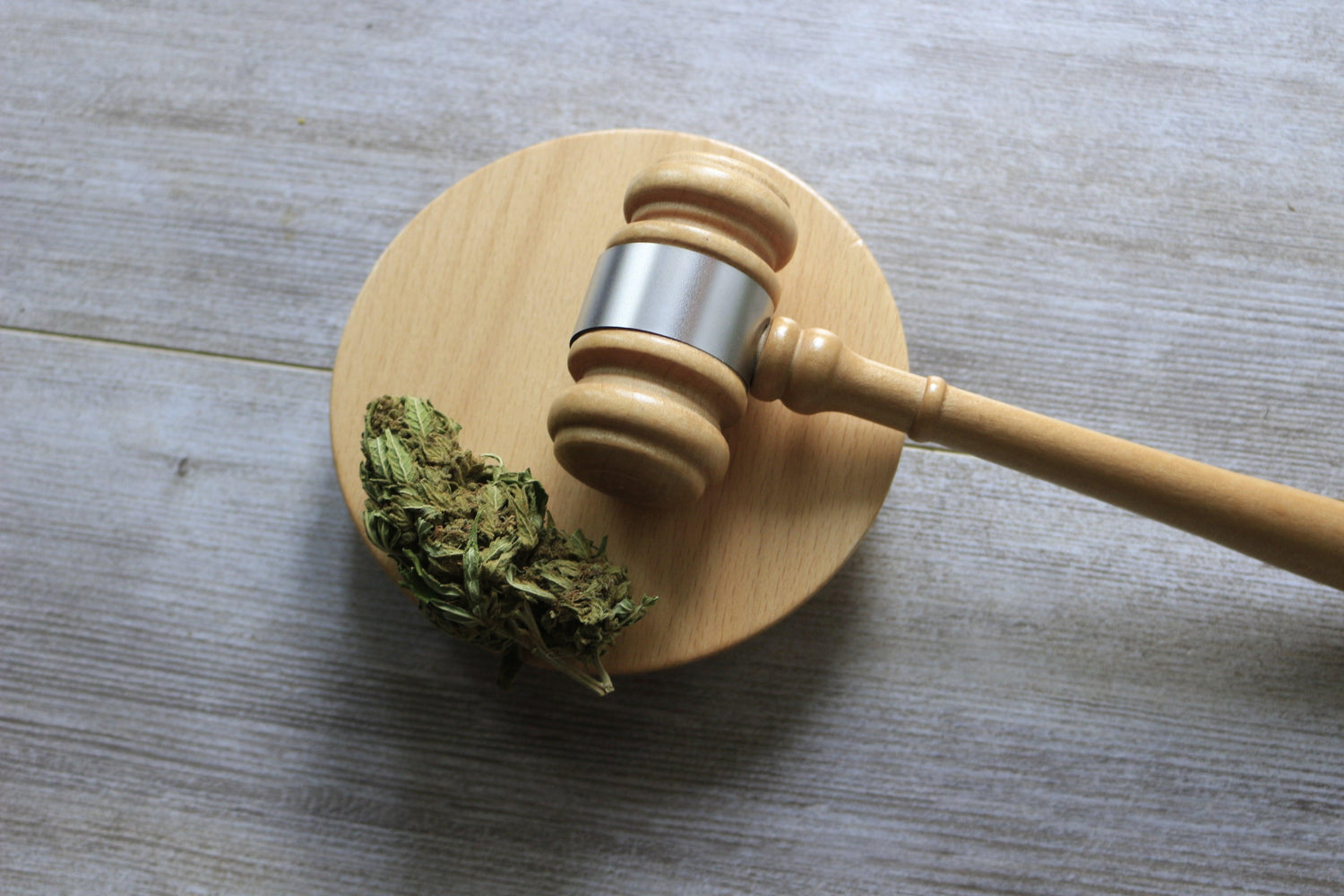The growing interest that world medicine is showing in the therapeutic use of cannabis and its derivatives is undoubtedly one of the main forces contributing to the rehabilitation of a plant widely demonized in the last century. But apparently cannabis can also be a remedy against an affliction that - especially in its milder forms - affects many of us. And which can go from being a simple nuisance to becoming a real problem. Let's talk about herpes . Specifically we will address these points:
- The benefits of cannabis
- What is herpes?
- How can herpes be defeated?
- Is cannabis a valid remedy?
The benefits of cannabis
It is almost impossible to deal with disclosure regarding cannabis without focusing at least superficially on some of its virtues in the medical field ; that is, without talking about medical cannabis. And we ourselves in this space have already come across the numerous benefits that patients suffering from the most varied pathologies have experienced following the intake of cannabis.
Although it is certainly not a cure-all drug, or a panacea, medical research has shown how cannabis can be an important aid when combined with other therapies.
From loss of appetite to mood swings, from sleep disorders to rheumatic pain, cannabis can act as a balancer, calmer, stimulant, acting on the cannabinoid receptors located in the nervous system.
What exactly is herpes?
First of all, saying “herpes” is a bit vague. The full name would be herpes simplex which in fact refers to a large strain of virus, of the Herpesviridae genus . Not one: a family.
These viruses can cause two different types of infections, both quite frequent: Herpes Simplex Virus 1 (abbreviated as HSV 1 ) is the virus responsible for the aforementioned cold sores.
HSV 1 causes small blisters, or vesicles, that may be whitish or red and contain small amounts of serum. These "small bubbles" are distributed mainly on the lips or more rarely on the nose or around the eyes.
The other virus is the Herpes Simplex Virus 2 or HSV 2 (what a fantasy, you might say). It is a sexually transmitted virus, responsible for the second type of infection: genital herpes.
Although only in rarer and more serious cases, chickenpox, herpes or mononucleosis can also occur .
More generally, herpes is however a virus that is transmitted by contact: sexual intercourse, a kiss or simple contact with the skin. Just as you can contract it by using cutlery, razors or even just the towel previously used by an infected person.
Usually those who contract it are completely unaware of it. Since the herpes virus can lie dormant for a long time waiting until our immune system is weakened by occasional stress which allows it to take action.
It is not uncommon for it to appear during a period of intense fevers, and it often returns after recovery, typically in the same areas as the first time.
The herpes virus attacks epithelial cells causing death. And also causing the formation of inflamed and itchy blisters on the face or around the genitals depending on the type of virus.
The reparative reaction of the cells lasts about a week and ends with the formation of crusts. These will later detach, causing bleeding and the subsequent renewal of the skin tissue affected by the infection.
Some particularly sensitive subjects also experience general malaise with headaches, muscle pain, fever and swollen lymph nodes.
Although following the most common hygiene rules can also reduce the chances of contagion, we have seen how its latency makes it a rather uncomfortable enemy to fight.
 How can you defeat or fight herpes?
How can you defeat or fight herpes?
From the prognosis point of view, there are essentially two problems. The first is that once the virus has been contracted it is impossible to eliminate it from the body , and in a certain sense one could say that "there is no cure".
This means that fighting the manifestations of Herpes does not mean being cured. But only to have him “pushed back” until his next appearance.
The second problem is that the treatment of herpes involves the use of drugs or ointments. Which have beneficial effects but of course also have side effects which include nausea, diarrhea and headaches.
And here once again cannabis enters the field. Let's see some significant stages and results in its history as a herpes remedy.
Is cannabis a valid remedy?
The current state of medical research on the use of cannabis to combat herpes outbreaks is not very advanced. Although specific studies have been conducted since the 1980s.
And similar results were given by new experiments in 2004. In all cases , human cells infected with herpes and treated with THC in vitro were found to be able to inhibit or interrupt the proliferation of both types of possible infection.
However, a study from 1991 demonstrates how THC is able to effectively counteract the degree of infectivity of the genital herpes virus. And more generally relieve ongoing inflammation.
In 2010, a small test was carried out on a number of subjects who had "post herpetic neuralgia". The headache mentioned above, a painful condition and one of the most common complications of HSV 1 infection (as well as the more fearsome herpes zoster ).
Patients were applied an ointment containing synthetic cannabinoids to their faces, and more than half of them felt a marked decrease in pain. This is one of the main characteristics of CBD's action. The ointment was well tolerated by everyone and did not cause any side effects with the ongoing therapies.
 A remedy developed by Mr. Keith Gregory Barber also had some resonance. A healer who years ago experimented on himself with a marijuana -based treatment to combat a cold sore that had affected him years earlier.
A remedy developed by Mr. Keith Gregory Barber also had some resonance. A healer who years ago experimented on himself with a marijuana -based treatment to combat a cold sore that had affected him years earlier.
In fact, after contracting the virus in 1996, dissatisfied with the official remedies, Keith Gregory Barber refined a treatment based on cannabis oil and crushed root powder.
It seems that he has gained great benefits from this cream, which he also administers to other patients, especially to counteract periodic relapses. During the patenting phase, however, it encountered skepticism or disinterest from the pharmaceutical industry.
In theory, the antiviral properties and increase in immune defenses induced by cannabis can certainly be certified. Which make the possible effectiveness of cannabis-based therapeutic cycles plausible.
Finally, since herpes "crises" are mainly triggered in conditions of stress, the calming and "anxiolytic" function of cannabis can help to avoid the onset and persistence of stress .
However, it is good to keep in mind that the main weapon against herpes is, as often happens, a healthy lifestyle . Good nutrition, planned physical activity and proper attention to rest.
As mentioned at the beginning, although it is not and should not be considered a panacea, cannabis could be a useful tool also and above all if combined with the right rhythms of life.
If the article was of interest to you, share it on social media with the rest of the Community, every single share helps us support our blog and keep you fully informed about the world of Cannabis.
You might also be interested in:







